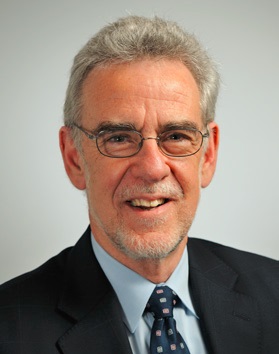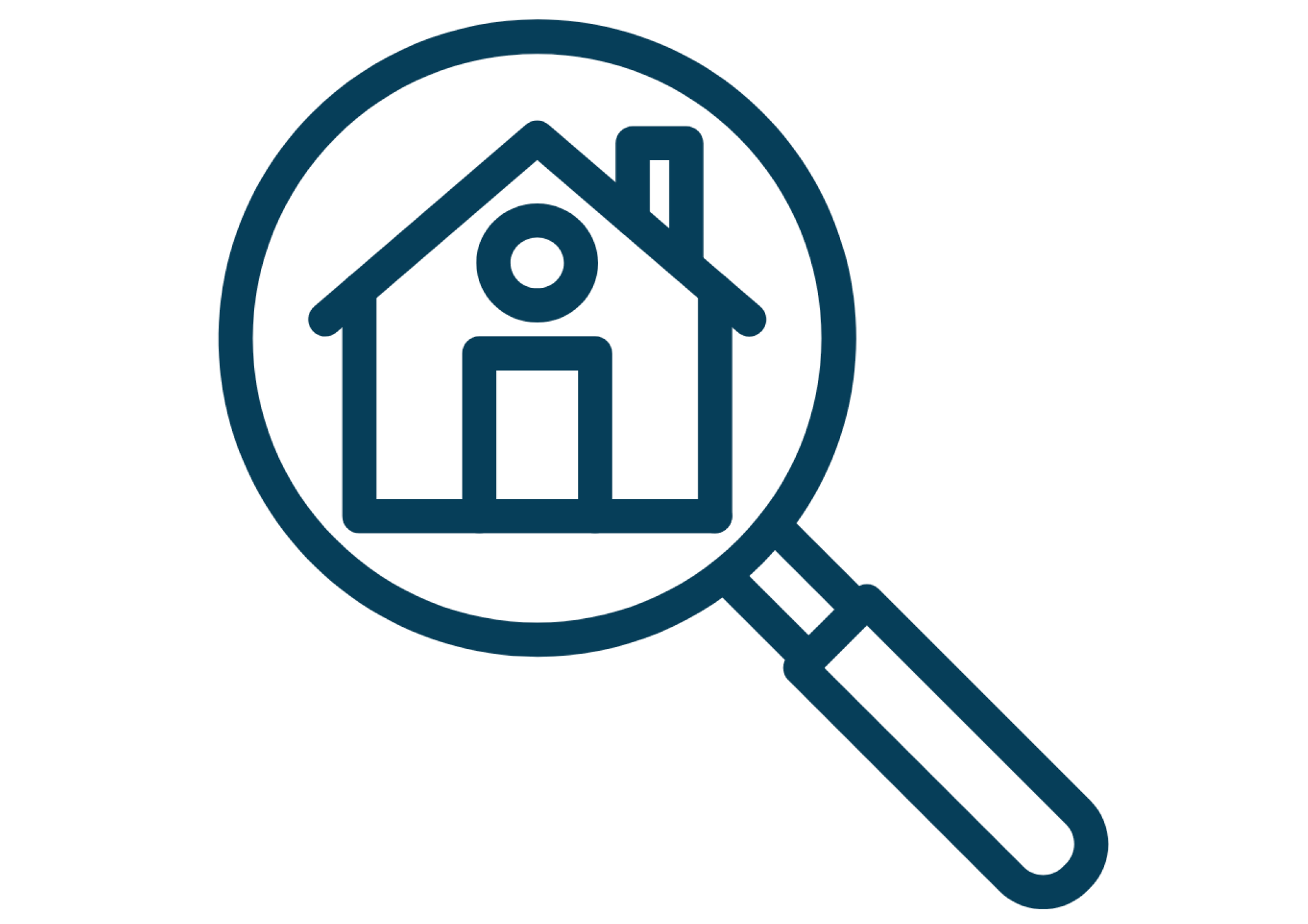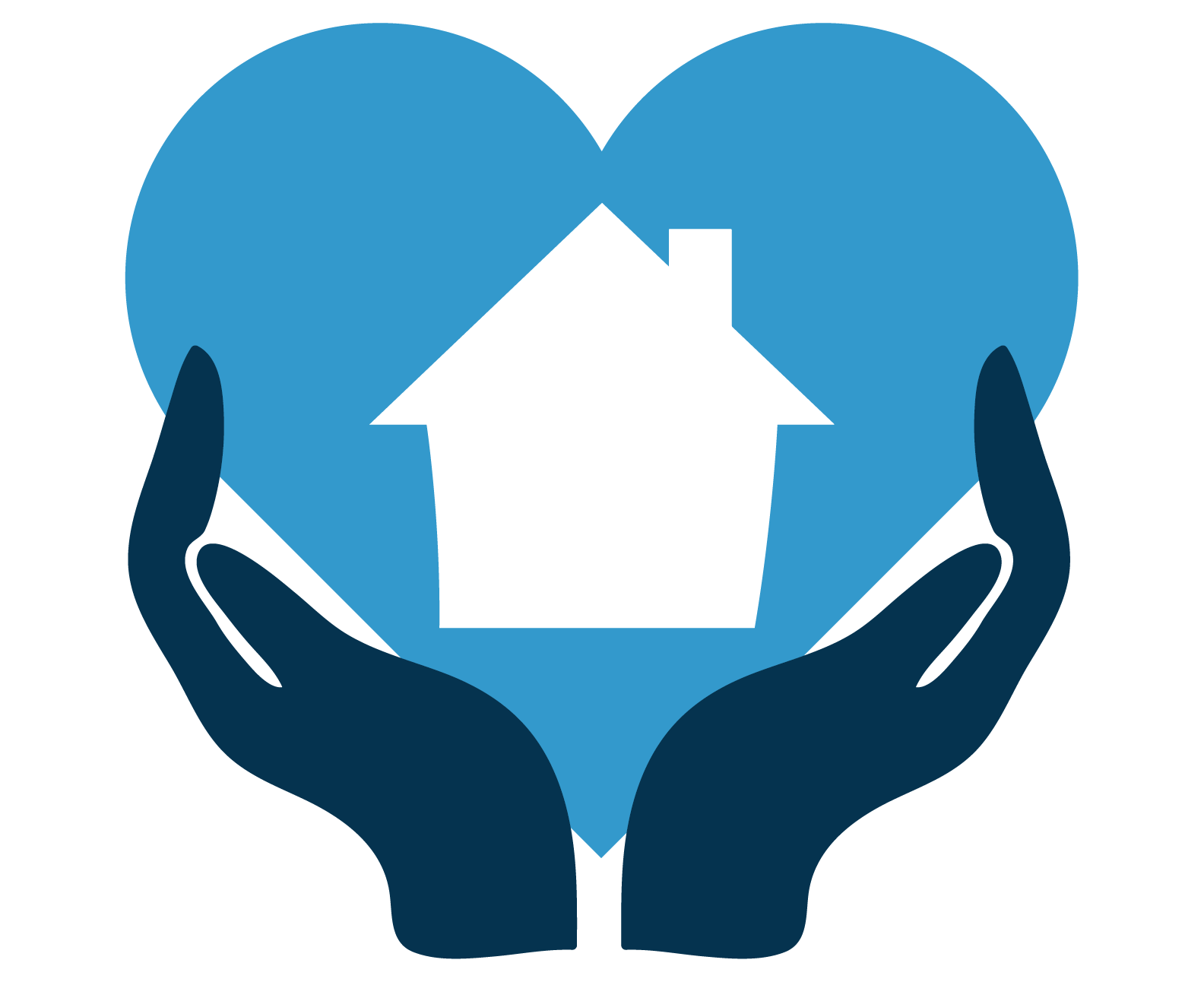 There were no persuasive phone calls or networking events involved in Dick Allen’s decision to volunteer as an Access to Justice Fellow after his retirement. Instead, the experiences of his wife Rosemary, a Fellow with the 2013-14 class, convinced him to get involved with the program, which recently entered its third year of operation.
There were no persuasive phone calls or networking events involved in Dick Allen’s decision to volunteer as an Access to Justice Fellow after his retirement. Instead, the experiences of his wife Rosemary, a Fellow with the 2013-14 class, convinced him to get involved with the program, which recently entered its third year of operation.
Allen worked in public service long before he became an Access to Justice Fellow. He started his legal career in the federal government, worked at the Massachusetts Law Reform Institute (MLRI) and Greater Boston Legal Services, and then served in the Massachusetts Attorney General’s Office for sixteen years, the last twelve as the Chief of the Attorney General’s Division of Public Charities under Attorney General Jim Shannon and his successor Scott Harshbarger. After his time in the AG’s office, Allen spent the rest of his career in private practice at Choate, Hall & Stewart and Casner & Edwards, where he represented nonprofits.
As a Fellow, Allen is splitting his time between three organizations: (i) MLRI, serving as a board member actively working on strategic planning and board development; (ii) Veterans Legal Services, where he will be assisting with governance and corporate matters; and (iii) the Lawyers Clearinghouse, where he is working on model documents for pro bono attorneys and is running a roundtable program called First Monday with the Experts.
Allen and Clearinghouse staff devised the First Monday series to be a resource for volunteer attorneys who are assisting nonprofits on a pro bono basis. Serving as a mentor, Allen draws on his years of experience with nonprofit law to answer questions about legal requirements and best practices. He says the biggest issue facing nonprofits and those who assist them is keeping track of and following the many requirements under both state and federal law.
Often, attorneys who volunteer with nonprofits come from firms specializing in business corporate law. Allen hopes that through the First Monday program he can help volunteers understand the unique requirements of nonprofits.
“You can’t just do it by the seat of your pants,” Allen says, suggesting that attorneys who are interested in volunteering with nonprofits first seek out an experienced lawyer to provide guidance.
As one of seventeen Access to Justice Fellows in the current class, Allen is hopeful for the program’s continued growth. He also notes that most past Fellows, including his wife Rosemary, remain committed to assisting their partner organizations after their formal Fellowships have come to an end. Allen plans to do the same.
“For anyone who is eager to do this kind of service, it’s more than a one-shot, nine month commitment,” Allen says. “The sense of wanting to do this because it’s the right thing will continue for each of us.”
The Access to Justice Fellows Program was developed by the Massachusetts Access to Justice Commission and is now being administered by the Lawyers Clearinghouse. The program matches lawyers and judges who are retired or nearing retirement with various partner organizations and nonprofits in need of legal assistance.


